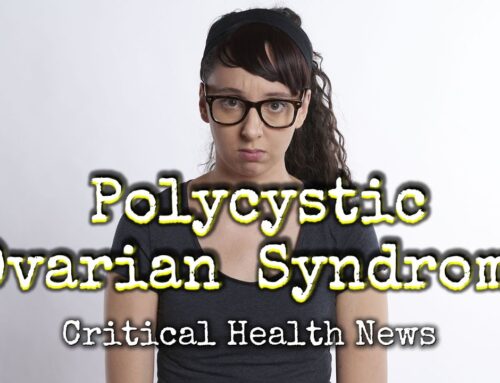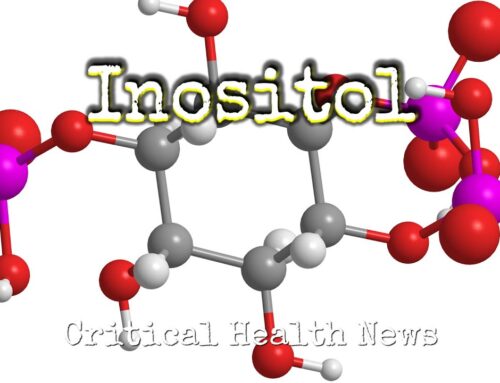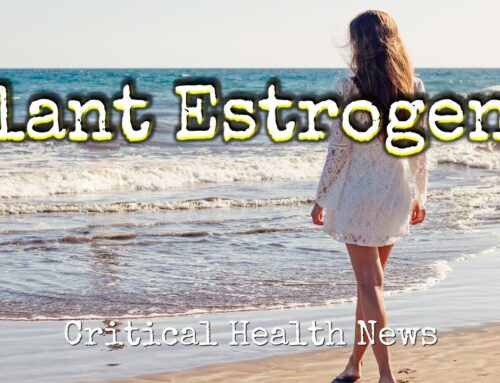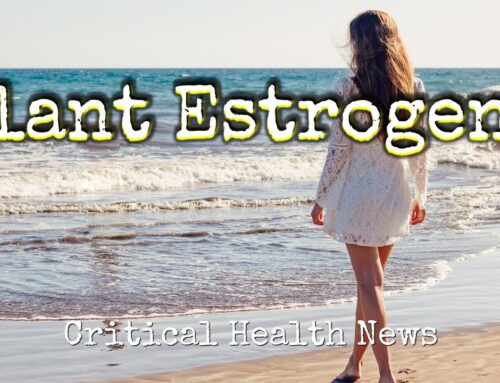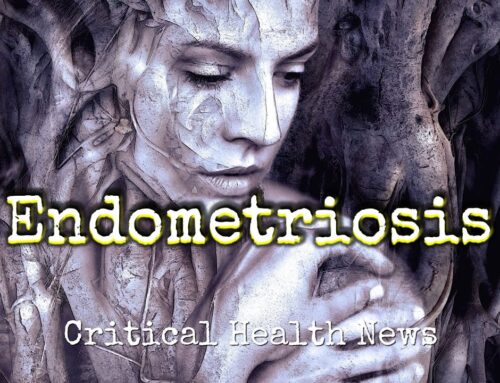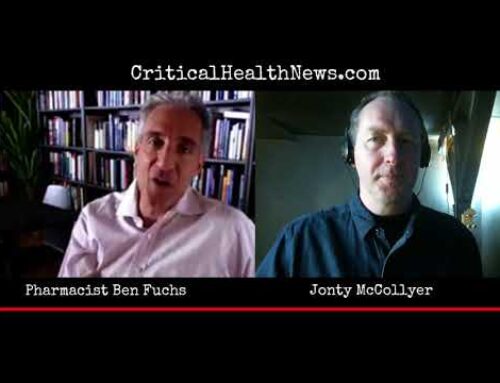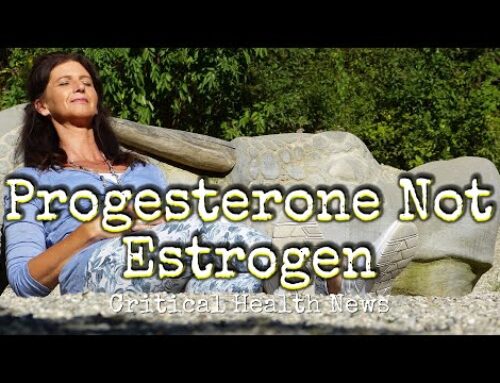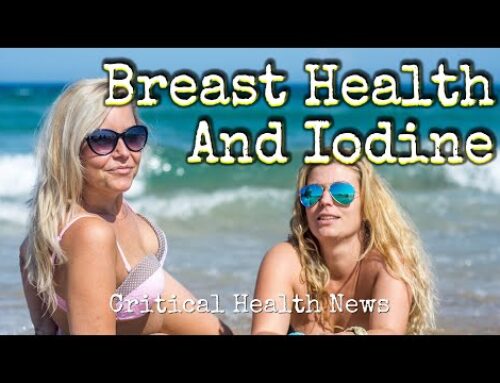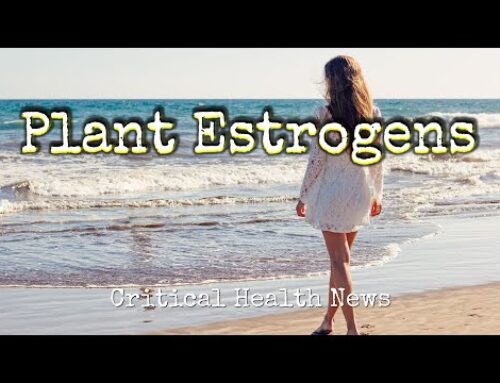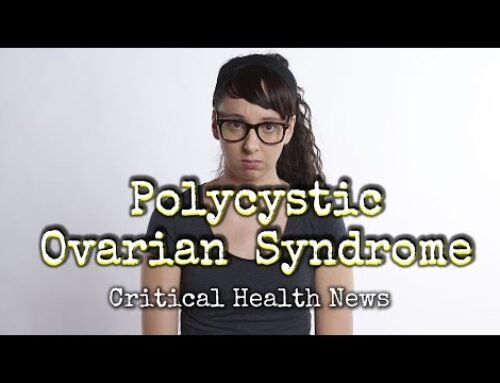Estrogen, a hormone present in both men and women, can lead to toxicity when not properly metabolized. Excess estrogen, coupled with environmental chemicals, can contribute to conditions like endometriosis, causing significant pain and complications for millions of women. Addressing this issue involves nutritional supplementation, focusing on essential fatty acids, vitamins A, C, and E, and crucial minerals like zinc, selenium, and sulfur. Minimizing processed foods and sugar intake is essential. Additionally, research suggests that topical progesterone, a hormone balancing agent, can alleviate endometriosis symptoms, providing a non-invasive approach before considering drastic medical interventions.

